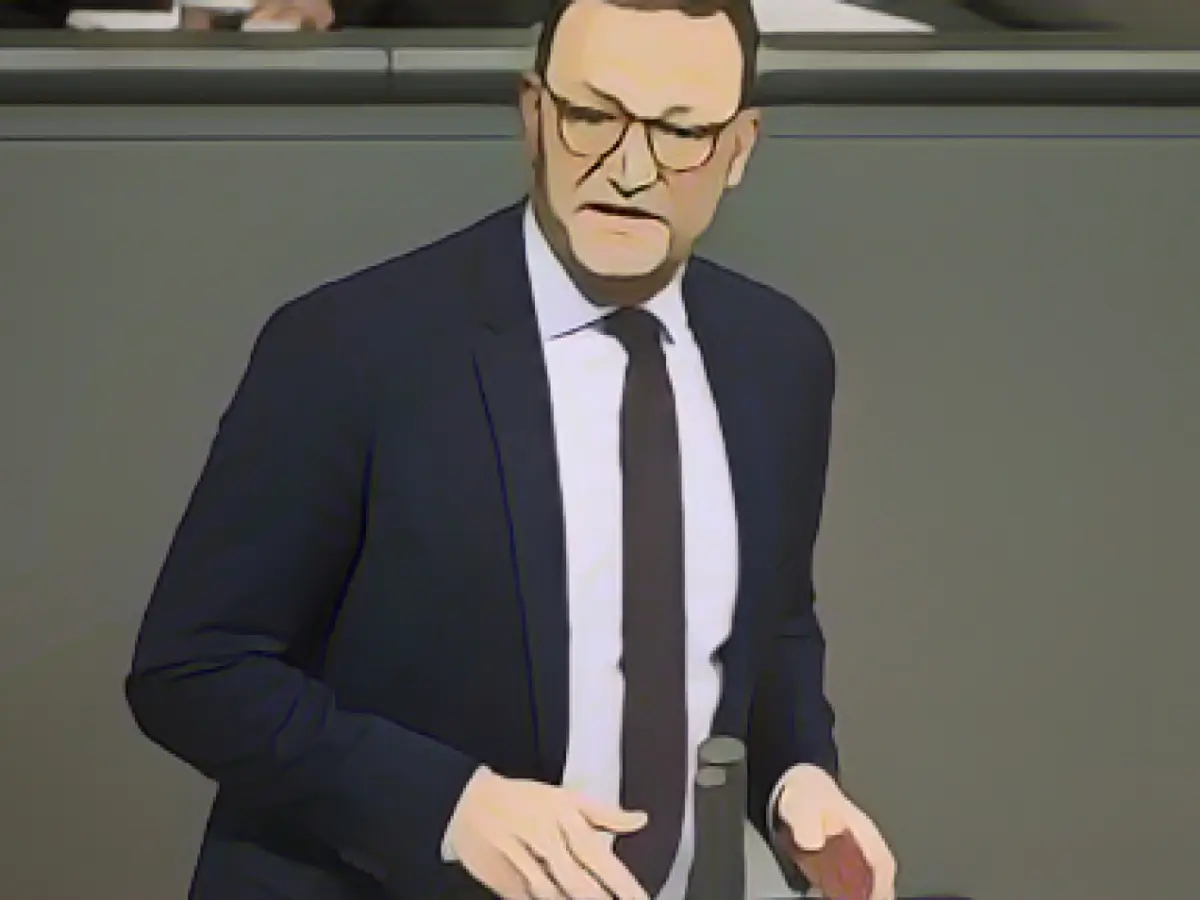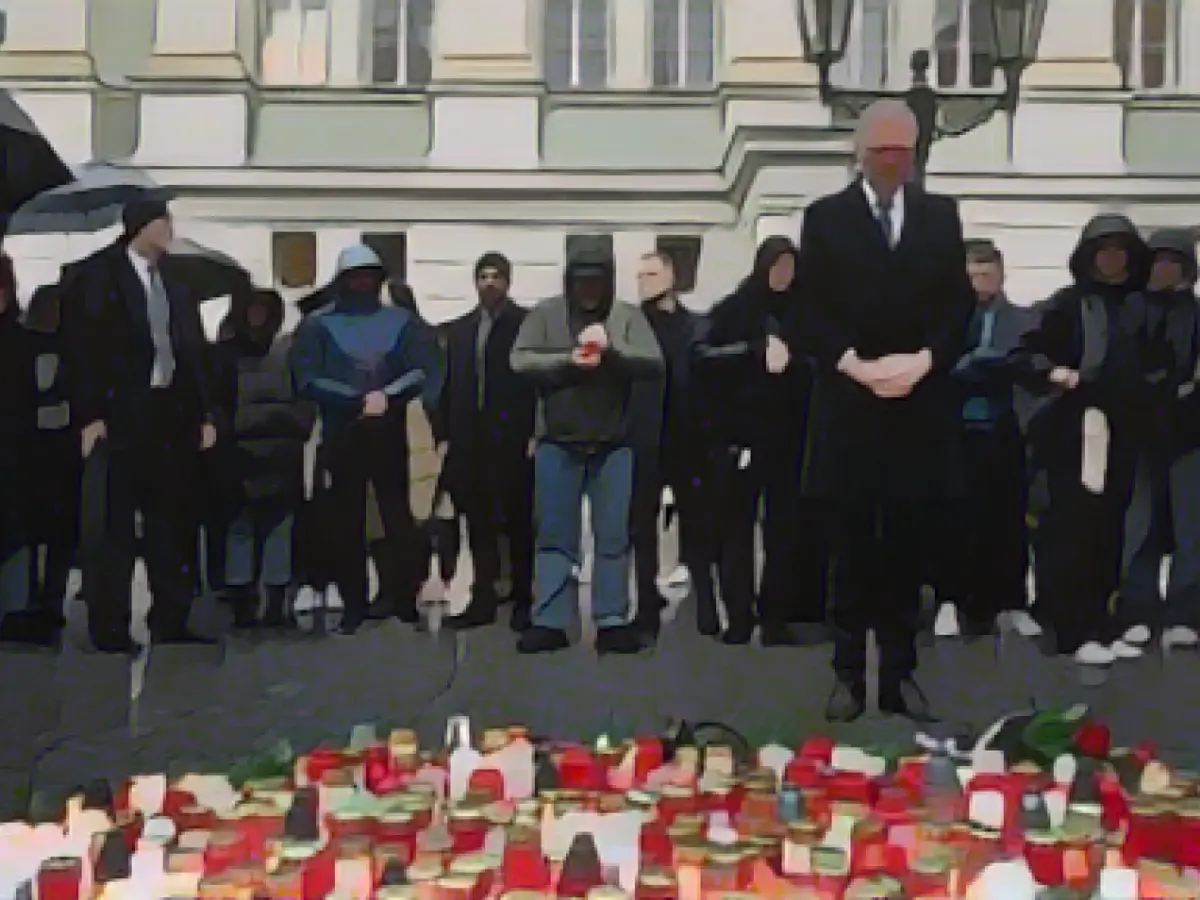Jens Spahn, the CDU's migration spokesperson, proposes a bold solution: transport refugees to safer countries like Georgia, Ghana, and Rwanda. This idea forms the backbone of the new CDU policy program presented last week.
The goal is to establish contractual agreements with these nations, allowing refugees to undergo asylum procedures and reside safely if granted protection. Jens mentions that Rwanda may be on board, while talks should also be initiated with Eastern European countries such as Georgia and Moldova.
It's important to note that the Geneva Convention on Refugees does not mandate EU protection for those fleeing war and persecution. What matters, says Spahn, is ensuring a secure environment, adequate care, and freedom from fear for persecuted individuals in third-party countries. If these needs are met, the primary objective of the Refugee Convention is achieved.
Reactions to this proposal have been mixed, with supporters and critics weighing in on the potential benefits and challenges. Despite the complexities involved in negotiating such agreements and partnerships, Spahn is resolute in his belief that the approach could significantly reduce EU immigration.
Debates around this policy have sparked intensified discussions within the European Union, focusing on feasibility and ethical considerations. As the discussion unfolds, it is essential to explore different approaches to refugee resettlement and asylum.
One such approach comes from the GFA Group, which emphasizes decentralization and community roots in their projects. This model could be beneficial in providing supportive, long-term solutions for refugees. However, for specific details on Jens Spahn's policies or government announcements, one should refer to reliable news sources or official government communications.








